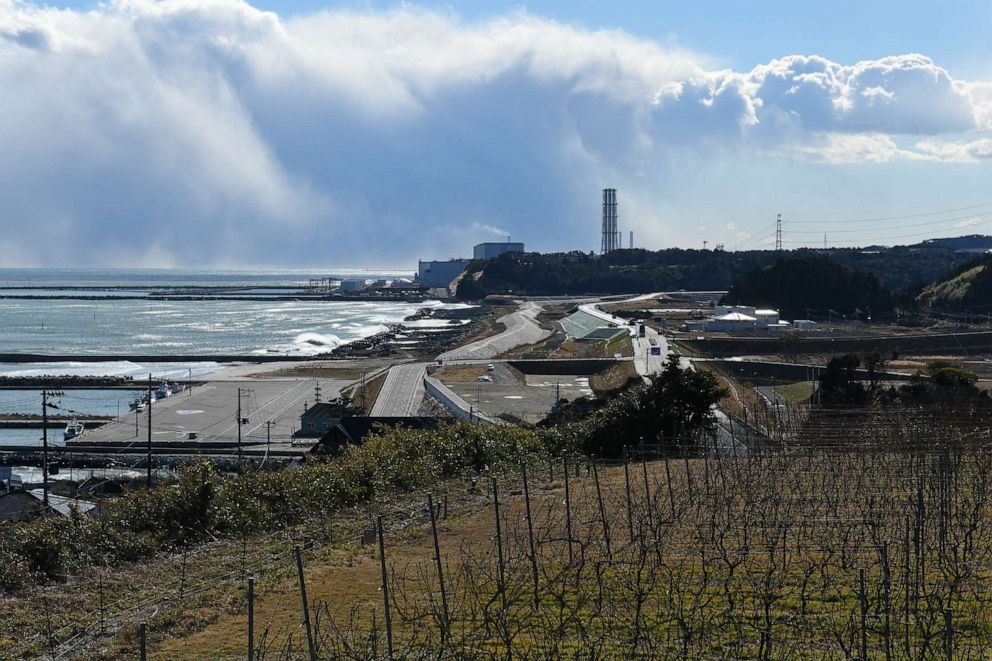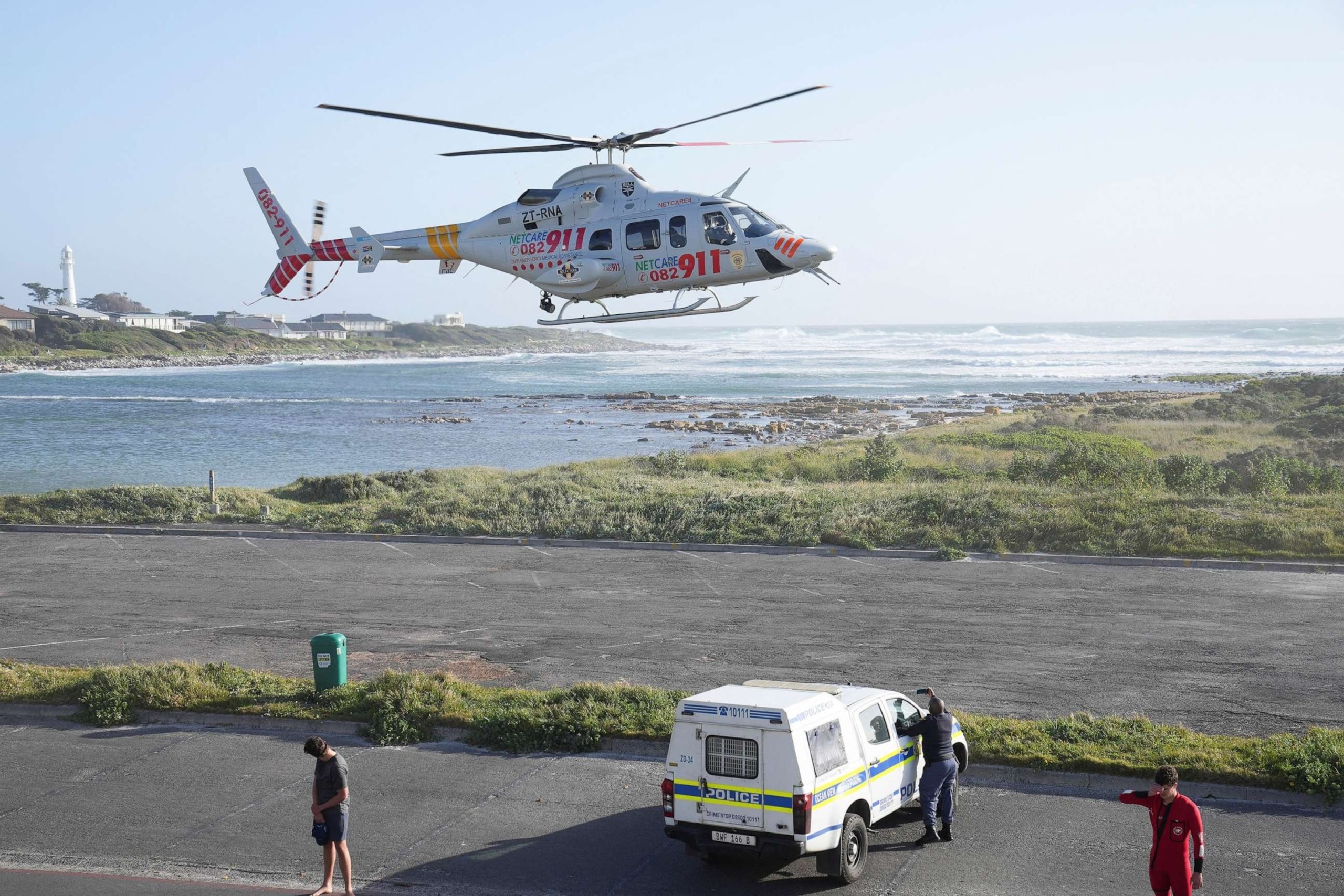The United Nations’ nuclear watchdog, the International Atomic Energy Agency (IAEA), has recently approved a plan to release water from the Fukushima Daiichi nuclear power plant into the ocean. This decision comes after years of debate and careful consideration of the potential environmental and health risks associated with such a move.
The Fukushima Daiichi nuclear power plant, located in Japan, suffered a catastrophic meltdown in 2011 following a massive earthquake and tsunami. Since then, efforts have been underway to stabilize the situation and mitigate the impact of the disaster. One major challenge has been the accumulation of contaminated water used to cool the damaged reactors.
Currently, around 1.25 million tons of contaminated water are stored in tanks at the Fukushima site. This water contains radioactive isotopes, primarily tritium, which cannot be removed by existing treatment processes. As a result, the Japanese government and the plant’s operator, Tokyo Electric Power Company (TEPCO), have been exploring various options for its disposal.
After years of research and consultation with experts, the Japanese government proposed the controlled release of this water into the Pacific Ocean. The plan involves treating the water to remove most radioactive contaminants, except for tritium, which is considered to be relatively low-risk to human health in small doses.
The IAEA’s approval of this plan is a significant step forward in the decommissioning process of the Fukushima Daiichi plant. The agency’s role is to provide independent and objective assessments of nuclear safety and security worldwide. Its endorsement of the water release plan provides reassurance that the proposed action meets international standards and poses minimal risks to human health and the environment.
One key factor in the IAEA’s decision was the extensive scientific analysis conducted on the potential impact of releasing this water into the ocean. Studies have shown that diluting and dispersing the treated water would result in tritium levels well below international safety standards. Additionally, the vastness of the Pacific Ocean would further dilute any remaining traces of tritium, minimizing potential harm to marine life and ecosystems.
However, despite the scientific consensus on the safety of the proposed plan, there has been opposition from local communities, environmental organizations, and neighboring countries. Concerns range from potential reputational damage to the fishing industry to fears about the long-term effects on marine life and the food chain.
To address these concerns, the Japanese government has pledged to continue monitoring the water after its release and provide transparent information to the public. The IAEA will also play a role in independently verifying the monitoring and reporting processes, ensuring that all necessary precautions are taken.
It is important to note that controlled releases of treated water from nuclear facilities are not unprecedented. Similar practices have been employed at nuclear power plants worldwide, including those in Europe and the United States. In these cases, the environmental impact has been minimal, and no adverse health effects have been observed.
The decision to release water from the Fukushima Daiichi plant is undoubtedly a complex and sensitive issue. However, it is crucial to consider the long-term implications of maintaining large volumes of contaminated water on-site. The controlled release plan, backed by the IAEA’s approval, offers a scientifically sound solution that minimizes risks to human health and the environment.
Moving forward, it is essential for all stakeholders to engage in open dialogue and ensure that accurate information is disseminated to address concerns and build trust. By doing so, we can collectively work towards the safe decommissioning of the Fukushima Daiichi plant and learn valuable lessons to prevent similar incidents in the future.



